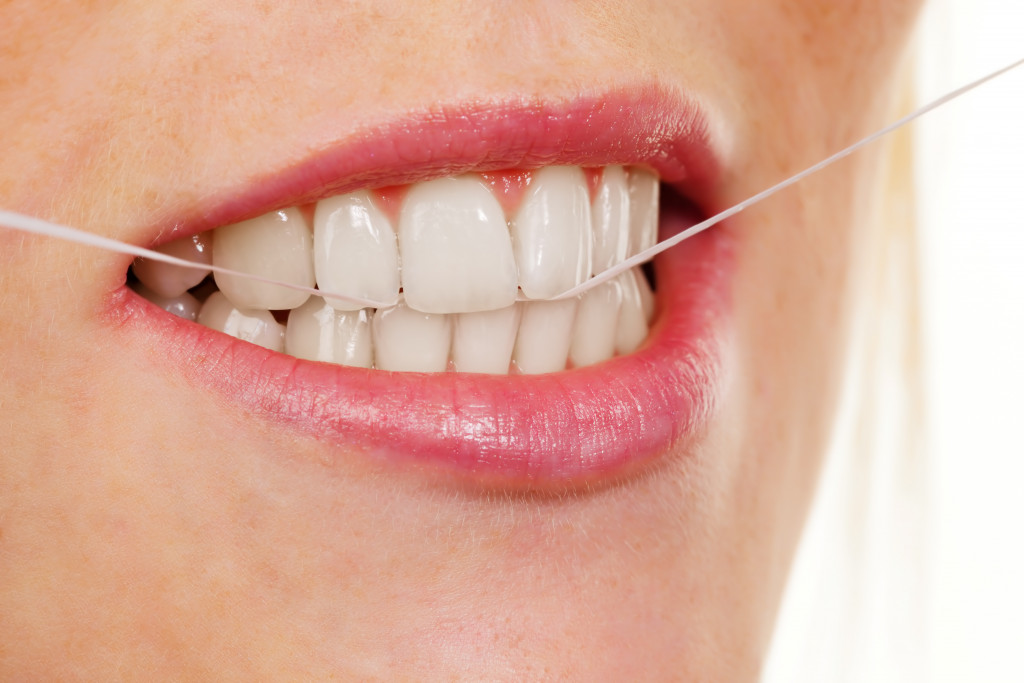There is a general misconception that your oral health only relates to the teeth and gums. In reality, there are many more parts of the body that can be directly related to dental hygiene, including your brain. What you don’t know about your mouth might be hurting you in ways you never imagined. With that in mind, this article aims to shed light on the brain-mouth connection.
How Is Your Brain Affected by Your Oral Health?
Your oral health can be directly related to the function of your brain on many different levels. If you care for your mouth, you will see benefits on various neurological levels.
The first way dental hygiene affects your brain is with Alzheimer’s disease and dementia. Patients with Alzheimer’s often have clusters of gum disease surrounding their teeth because bacteria use their teeth as a way to enter the brain. The bacteria travel through the blood and causes plaque buildup near your brain.
This plaque doesn’t just affect you as it builds. However, it also affects your memory as you age. If you don’t keep up with dental hygiene throughout your lifetime, this plaque will build up and protect those harmful bacteria before they enter your brain.
How Your Heart Is Affected by Your Oral Health
Another way you can experience brain problems is through depression and heart disease. Heart disease comes about when bacteria enter the bloodstream of the patient’s gums, creating more plaque buildup in their arteries than usual. This plaque can cause blood flow to be restricted, resulting in a variety of cardiovascular issues. If you want to reduce your risk of heart disease, you must always practice dental hygiene to avoid other problems from occurring.
In addition, a variety of neurological issues can arise if you don’t take care of your mouth. As the plaque builds around your teeth and gums, it eventually reaches a point where it can no longer be cleaned off by brushing and flossing alone. The buildup will begin to cause damage to the bones in your mouth, which is known as osteonecrosis. This can also lead to various neurological issues that affect your memory and other areas of your brain.
How Can You Prevent Brain Issues From Developing?
The best way you can prevent these health-related problems from developing around your mouth is to take care of your teeth. Make sure you’re flossing and brushing each day, as this should reduce the amount of plaque around your mouth at all times.
One easy way to ensure proper dental hygiene is by visiting a general dentist for regular check-ups. During these appointments, the dentist will clean your gums and check your teeth for any signs of decay. The dentist will also advise you on how to properly maintain your teeth and gums, reducing the risk of plaque buildup and heart disease.
In addition, make sure you aren’t smoking or chewing tobacco products around your mouth. These habits can lead to various oral health issues from developing in the future. Chewing tobacco can lead to gum recession and the development of gum disease while smoking cigarettes directly affects your lungs.

Common Dental Treatments and What They Do
While gum disease and dental decay may seem like things that can’t be treated, most of them can. The dentist will use various methods of treatment, including root canal therapy, tooth extractions, and many others.
Common treatments include:
- dental implants,
- teeth cleaning under anesthesia,
- extractions,
- root canal therapy,
- crown impants to protect the teeth after a gum recession, or
- treatments to address infection.
Benefits of These Dental Treatments
All of these treatments help patients clear up any issues they may have developed in their mouth. Whether it’s a simple tooth cleaning or the removal of a tooth, dental problems can be fixed through general practices.
These procedures can also improve your quality of life if you’re currently dealing with health problems that stem from poor oral hygiene and inadequate care for your teeth. Problems like heart disease and Alzheimer’s can be reduced if you simply take care of your mouth by brushing and flossing on a regular basis.
The best way to avoid all of these problems is to visit the dentist every six months or so for cleaning. This will help ensure that oral health doesn’t become a problem in the future, reducing the risk of heart disease and other brain problems that stem from plaque buildup.
Side Effects of These Dental Treatments
To ensure that you don’t run into any problems with these procedures, make sure your dentist explains everything before they start the cleaning. Some patients may have issues with anesthesia, though it’s rare if they’ve received a prescription for painkillers in advance.
People also tend to develop trauma to their gums during treatment, which sometimes requires antibiotics post-treatment. Over time, your gums will heal and you’ll be able to return to a regular lifestyle once again.
There are a variety of oral health issues that can lead to serious problems in the future. The most common include gum disease and dental decay, both of which should be addressed immediately because they’re preventable. However, it’s not always easy to take care of your mouth on your own—particularly if you have other medical conditions or disabilities that make it hard for you to brush and floss regularly. That’s you must visit your dentist every six months so they can provide treatment before any major damage is done around your teeth or gums. It may seem like an inconvenience at first, but it will save you from having more complicated procedures down the line!

